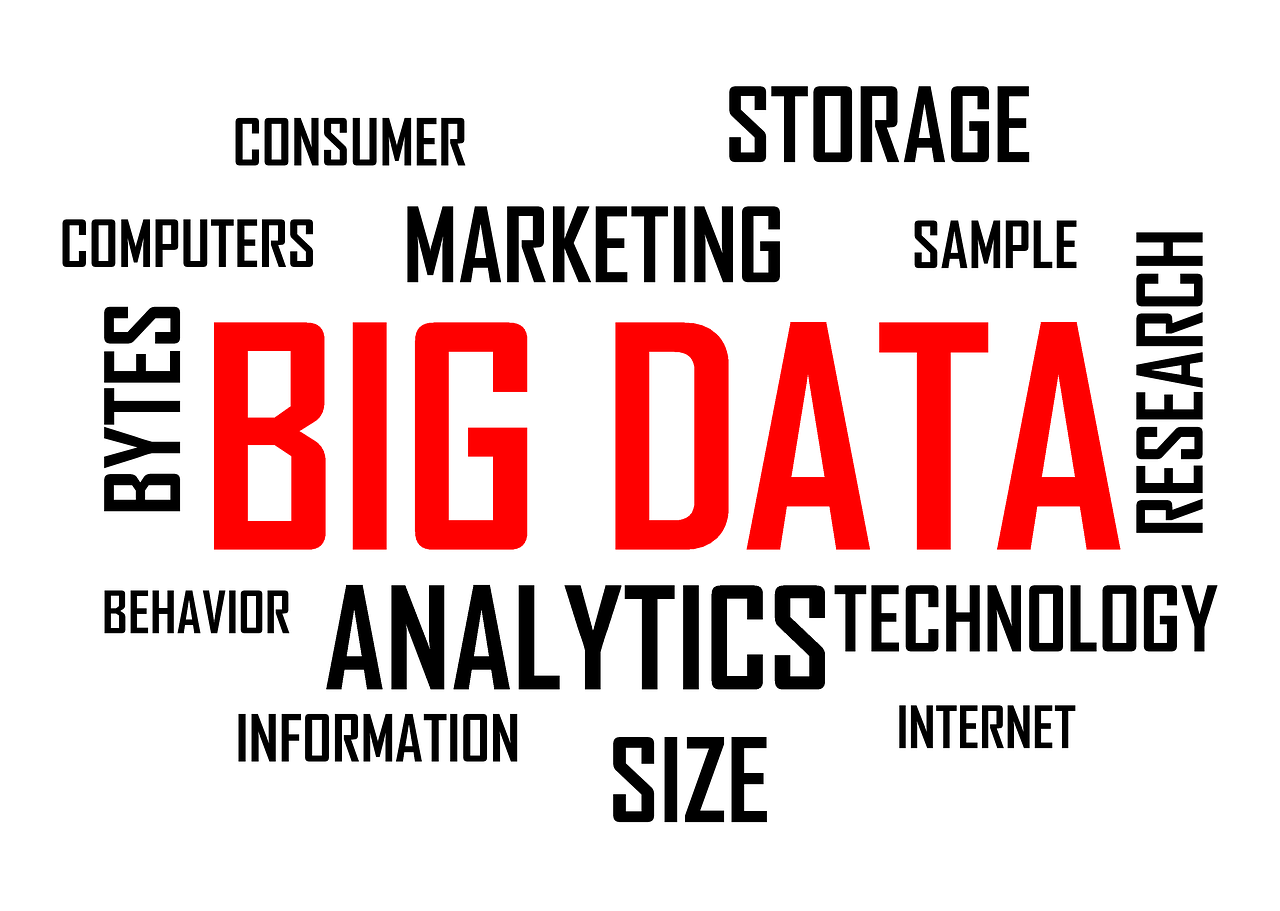In today’s fast-paced digital landscape, businesses are constantly seeking ways to stay ahead of the competition. One of the most powerful tools at their disposal is big data. This vast and complex collection of data can be analyzed to reveal patterns, trends, and associations, particularly in relation to human behavior and interactions. Let’s delve into the role of big data in marketing and explore how it is transforming the industry.
Understanding Big Data
Big data refers to extremely large data sets that can be analyzed computationally to reveal patterns, trends, and associations, especially relating to human behavior and interactions. It encompasses three main dimensions: volume, velocity, and variety. The volume of data generated every second is staggering, the velocity at which it is produced and processed is unprecedented, and the variety of data types (structured, semi-structured, and unstructured) is vast.
Big Data in Market Research
Traditional market research methods are often time-consuming and limited in scope. Big data, however, provides a more comprehensive and real-time view of the market. By analyzing social media activity, online reviews, transaction records, and other digital footprints, companies can gain deep insights into consumer preferences and behaviors. This allows for more accurate targeting and segmentation, ensuring that marketing efforts reach the right audience at the right time.
Personalization and Customer Experience
One of the most significant impacts of big data in marketing is the ability to personalize customer experiences. By leveraging data analytics, businesses can create highly tailored marketing campaigns that resonate with individual consumers. This goes beyond simply addressing customers by their names in emails; it involves understanding their purchasing history, preferences, and even predicting their future needs. This level of personalization enhances customer satisfaction and loyalty, as consumers feel understood and valued.
Predictive Analytics
Predictive analytics is a powerful aspect of big data that involves using historical data to predict future outcomes. In marketing, this means anticipating trends, customer behaviors, and potential market shifts. For instance, by analyzing past purchase patterns and current market conditions, a retailer can forecast demand for certain products and adjust their inventory accordingly. This not only optimizes supply chain management but also ensures that marketing strategies are proactive rather than reactive.
Enhancing Marketing Campaigns
Big data allows marketers to measure the effectiveness of their campaigns with greater precision. By tracking metrics such as click-through rates, conversion rates, and social media engagement, businesses can assess which strategies are working and which are not. This real-time feedback loop enables continuous optimization, ensuring that marketing efforts are always aligned with business objectives and consumer needs.
Overcoming Challenges
While the benefits of big data in marketing are clear, there are also challenges to consider. Data privacy and security are paramount concerns, as the misuse of personal information can lead to significant legal and reputational risks. Additionally, the sheer volume and complexity of big data can be overwhelming. It requires sophisticated tools and expertise to process and analyze this data effectively. Businesses must invest in the right technology and talent to harness the full potential of big data.
The Future of Big Data in Marketing
As technology continues to evolve, the role of big data in marketing will only grow more prominent. Advances in artificial intelligence and machine learning are making it easier to analyze and interpret vast data sets, leading to even more sophisticated and personalized marketing strategies. The integration of big data with other emerging technologies, such as the Internet of Things (IoT) and blockchain, will further enhance its capabilities and applications.
Conclusion
Big data is revolutionizing the marketing industry by providing deeper insights, enabling greater personalization, and enhancing the effectiveness of campaigns. While there are challenges to navigate, the potential benefits are immense. Businesses that successfully leverage big data will be well-positioned to thrive in an increasingly competitive and data-driven world. As we look to the future, it is clear that big data will continue to play a pivotal role in shaping the landscape of marketing.
4o
provide meta keywords for the above articleChatGPT
Sure, here are some meta keywords for the article:
big data, marketing, data analytics, market research, personalization, customer experience, predictive analytics, marketing campaigns, data privacy, data security, artificial intelligence, machine learning, Internet of Things, IoT, blockchain, consumer behavior, digital marketing, data-driven marketing, marketing strategies, big data in marketing


